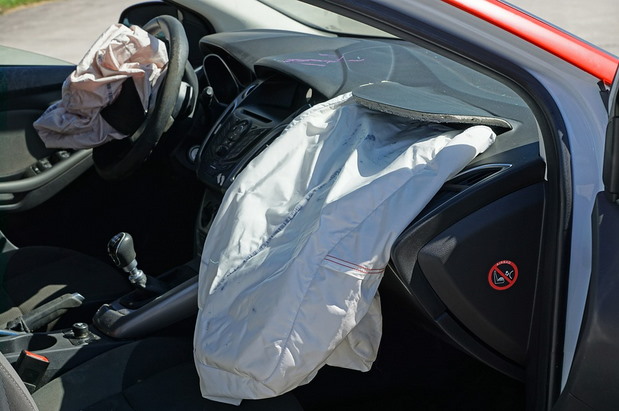Fast And Furious And Traumas
- Written by News Company

Your body is not the same
Being involved in a car accident can have a physical impact on your body. If you’re lucky, you might only suffer minor injuries, from a fractured bone to a few bruises. However, there is a more tragic side to a crash. Not everyone can leave a crash scene untouched. Spinal cord injuries, amputations and devastating chronic pain can affect your mobility and your everyday life. For anybody who’s suffered a life-changing experience, it can be tricky to navigate their way around the house or in an office. However, there is help available. St. Judes disability service providers can offer the support you need for accessible housing or employment. Learning to function in a new body is challenging.
You don’t trust your mind anymoreThe crash doesn’t only break your body. It can also break your spirit. The mental battle after the accident can lead to increased anxiety disorders and panic attacks. The idea of sitting in a car can be terrifying for a long while. Most of the time, people are forced to sit behind the steering wheel again to go back to their normal day-to-day lives. But, not everyone can make peace with the car after an accident without psychological support.
You don’t trust other driversIt’s not driving that terrifies you. You realize that you are not afraid of driving, but you are terrified of other drivers. You can’t trust them to stay in their lanes. You are worried about how other people might react on the road, and more importantly, you are scared that you may not be able to avoid future collisions either. However, being afraid of other drivers could force you to stay away from your car or any other public transportation.
But you can do everything possible to avoid issuesCrashes are not fatality. Attentive drivers prevent millions of accidents every day because they give themselves the chance to react to unexpected events on the road. Maintaining a safe distance from other vehicles could save your life as it allows you to hit the brakes or avoid a collision.
Driving carefully acts only as a preventive measure. However, while it can avoid many accidents, there are situations where you are vulnerable as a driver or a passenger. And when you are involved in a crash, the traumas your body and mind go through can transform your life forever. The only question worth asking is: what’s the best way for cars to become less traumatic?
